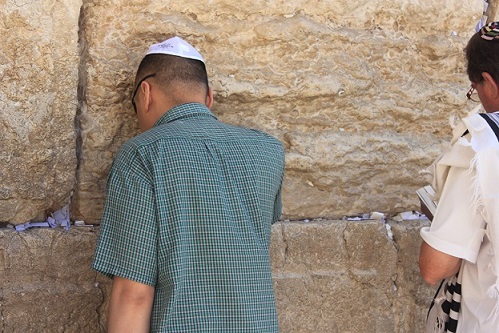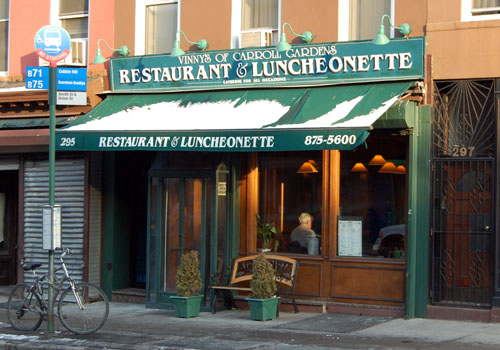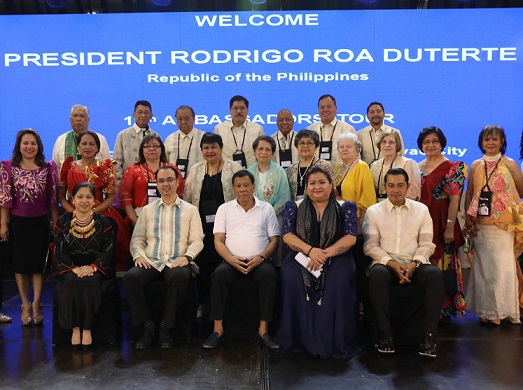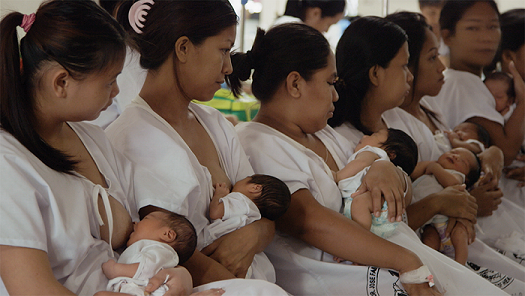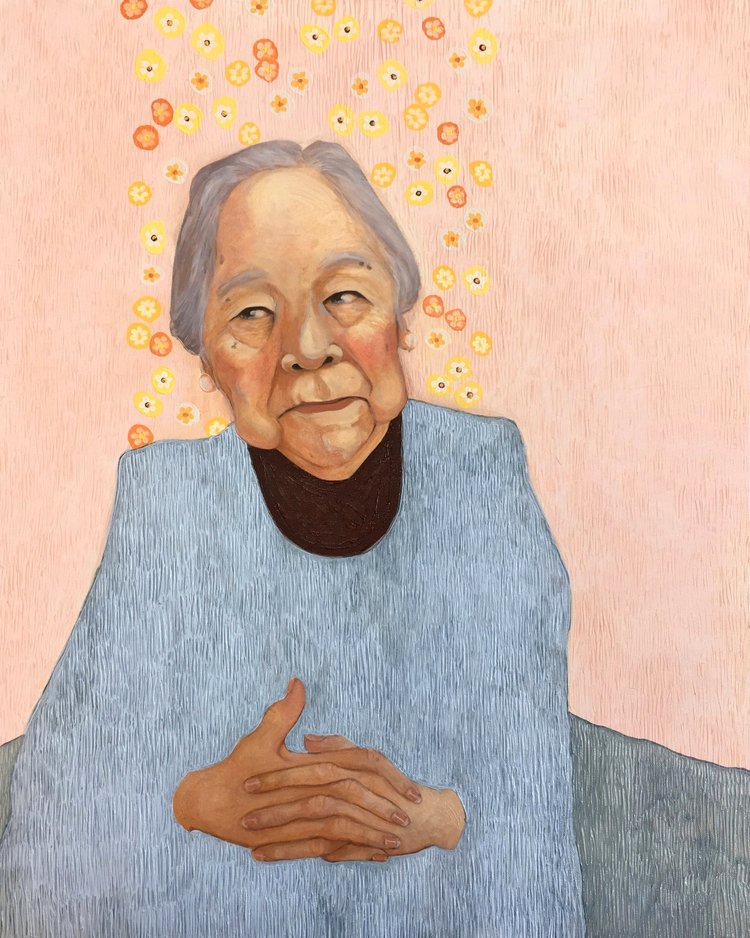On Grandparents Day, remembering the heart of the family
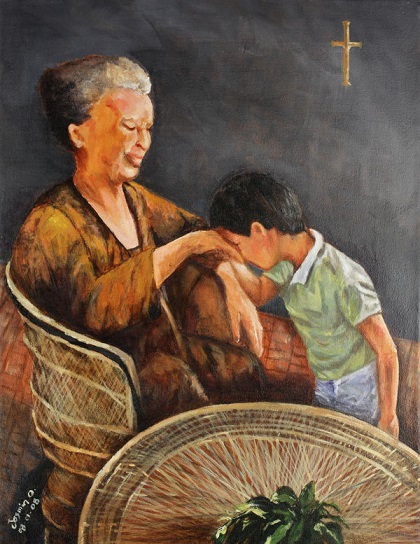
‘Mano po,’ or the kissing of an elder’s hand, is a revered Filipino tradition still being practiced by some families.
The tenth of September was observed as Grandparents Day in the United States.
In our homeland, there is a similar observation, but the celebration period is longer: March 11-18, each year; hence, it is named Grandparents’ Week.
Reportedly, recognition of the much-anticipated event was made official a few years back through Presidential Proclamation No. 757. What is the impact of such celebrations whether they are rendered here or in the ancestral home?
It stirs greater awareness of the ‘important role that ‘lolas’ and ‘lolos’ play in contributing to the stability of the Filipino family and the special role of the senior citizen in our society.’
The names lola and lolo are derived from the Spanish words, “abuela” and “abuelo,” respectively. Those same derivations have since become terms of endearment. Most every grandparent, whether she/he is a blood relation or not, is often addressed as lola or lolo in our homeland.
For decades and decades, those endearing terms have likewise joined the forms of respect given to elders when one is not certain on how they should be addressed.
The Filipino way of greeting their elders is unique: it is not limited to blood relations. It is not rare at all to note affectionate titles given to non-relatives. They are respectfully known and regarded as aunts and uncles who are familiar in households that interact with one another.
Therefore, affectionate titles are given to those non-relatives out of courtesy and deference and how they are perceived in their lives by the younger generation
The terms, ‘tita’ and ‘tito,’ are popular ways by which the youth call those who, in their judgment deserve that touch of respect. Although they are chronologically older, they likewise weigh in their elders’ position in their lives, laced with the politeness due them.
It was learned that the aforementioned weeklong observance of Grandparents Day in the homeland was the outcome of the ‘coordinated work’ between the Philippine Cultural Revival Society (Mano po Lola/Lolo Foundation), the Office of Senior Citizens Affairs, and the Federation of Senior Citizens of the Philippines. All the proponents of the celebration have made emphatic the part that grandparents play: “They have contributed most in wisdom and affection to those who follow in their wake.”
Distinctive marks of Filipino traditions practiced abroad have also been observed as concrete indices that constitute the warp and woof of the Philippine ancestral tapestry.
Philippine holiday time is remembered away from home through hospitality among members of the younger generation in particular. They go back to recounting what dishes came from the cuisines of lola and lolo.
“I am not as good, or will ever be like my lola who, without asking us, knew our favorites, but I try hard to prepare some dishes and pass on whatever I remember to my own children, letting them know their origins,” said Linda Leary of Culver City, California.
It is far from difficult to admire the elders of the young raised in their respective households away from the homeland who insist on the age-old practices and traditions that are earmarks of the “old country.”
One elderly professional vacationing in Northern California’s Bay Area, spoke of her admiration for her U.S.-born kin and those who came here too young to remember the home front.
“I realize their parents are too busy making a living. But I notice how their children are: they are respectful and don’t forget to include ‘mano po,’ as soon as they see me,” she declared.
Senior citizens in Metropolitan Manila, the provinces, as well as the young adults who have joined “lola and lolo” celebrations to see that appropriate observances are held, agree that continuous homespun remembrances honoring the elderly have come about because of the rapid changes in aging, as well as the politics and economics of aging.
It is hoped that Proclamation 757 will continue to be observed so all the lola and lolo in the homeland will find encouragement in what they have done and will continue to do for their families.
It is likewise hoped that lola and lolo abroad will continue to play their all-important role in family solidarity in their desire to preserve family values Filipino families have cherished and upheld for generations.



